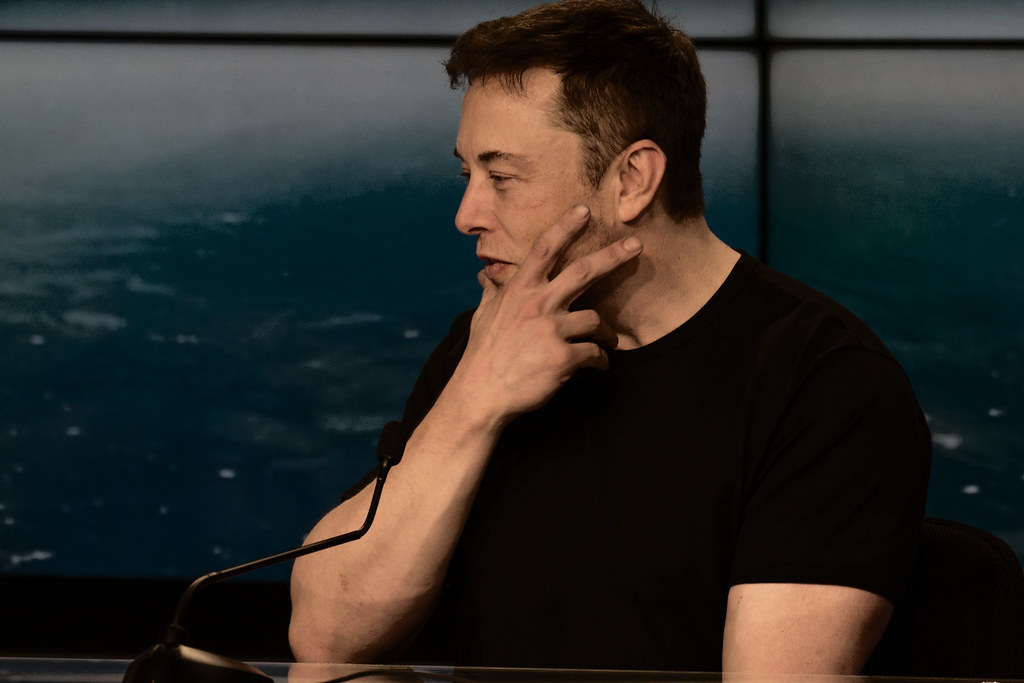
The world’s richest man, Elon Musk, has utilized one of the most influential social media platforms, X (formerly Twitter), as a stage for widespread dissemination of political content, much of which has been critiqued for spreading disinformation and propaganda in support of former President Donald Trump.
A recent analysis by the Center for Countering Digital Hate (CCDH) highlights that Musk has posted at least 87 claims about the U.S. election that have been rated as false or misleading by fact-checkers this year alone. These posts have amassed over 2 billion views, leveraging not just his substantial following but also altered platform algorithms that amplify his reach far beyond his direct followers.
Financial Contributions and Political Campaigning
In addition to his online activities, Musk has financially supported Trump’s reelection bid, contributing more than $118 million to a super PAC heavily involved in advertising campaigns. These campaigns have controversially mimicked Democrat stances to target registered Republicans with messages that twist the policies of Vice President Kamala Harris in an extreme and misleading manner.
The extent of Musk’s influence is significant, with his political posts garnering over 17.1 billion views since he formally endorsed Trump in July. This figure doubles the views of all political ads on X during the same period, equating to an estimated $24 million in campaign ad spending.
Musk’s posts have included various unfounded claims, such as significant increases in illegal voters in swing states and assertions that a Democratic victory would lead to a national ban on voter ID laws. These narratives have not only been viewed millions of times but have also contributed to a broader atmosphere of mistrust and misinformation surrounding the election.
The CCDH’s findings are supported by publicly available data, showing Musk made 746 posts related to the U.S. election between July 13 and October 25. His claims about voter fraud and unreliable voting systems were viewed hundreds of millions of times, despite little to no evidence supporting these allegations.
CCDH and the Backlash
The CCDH, which has been vocal in its criticism of Musk, has faced direct attacks from the billionaire, who has branded the organization as a “criminal organization” and unsuccessfully attempted to sue it last year. The federal judge dismissed Musk’s lawsuit, suggesting it was intended to punish the CCDH for its critical stance.
Imran Ahmed, CEO of the CCDH, has raised concerns about the potential of generative AI to further lower the costs and increase the efficiency of spreading disinformation. He described a scenario where AI could create a self-sustaining cycle of generating, distributing, and optimizing disinformation—a “perpetual bulls— machine.”
| Aspect | Detail |
|---|---|
| Musk’s false/misleading posts | 87 rated by fact-checkers |
| Total views of these posts | Over 2 billion |
| Financial contribution to Trump PAC | More than $118 million |
| Total views of political posts | Over 17.1 billion since July endorsement |
The Dangers of Influence and Disinformation
The use of social media platforms by influential figures to disseminate misleading information poses a serious challenge to democratic processes. Elon Musk’s activities on X highlight the profound impact that a single individual with significant resources and platform control can have on public discourse. It underscores the urgent need for effective regulations and technological safeguards to protect the integrity of information, especially in politically sensitive contexts. The ongoing situation invites a critical examination of the responsibilities of social media moguls in the age of digital communication, where the line between free speech and harmful disinformation continues to blur.
Featured image credit: Daniel Oberhaus via Flickr
Follow us for more breaking news on DMR
